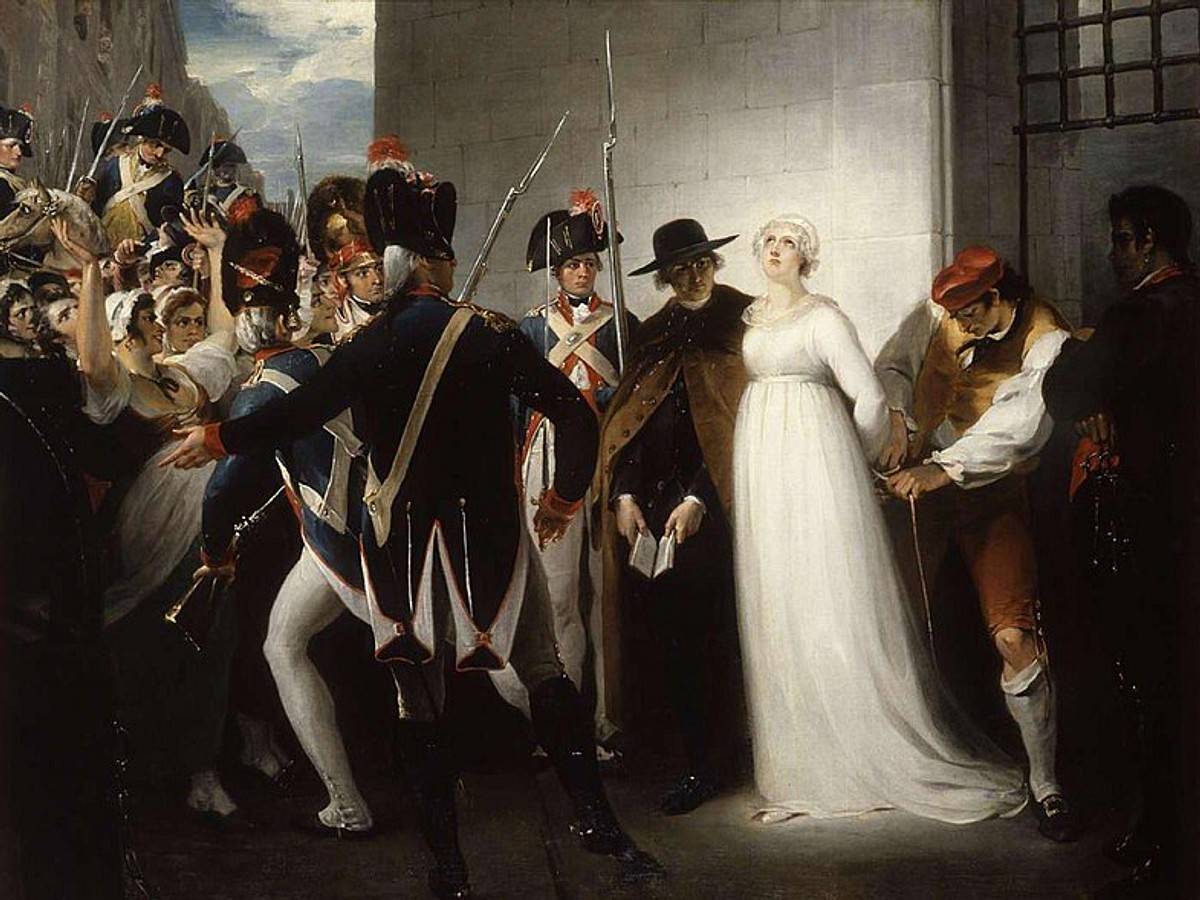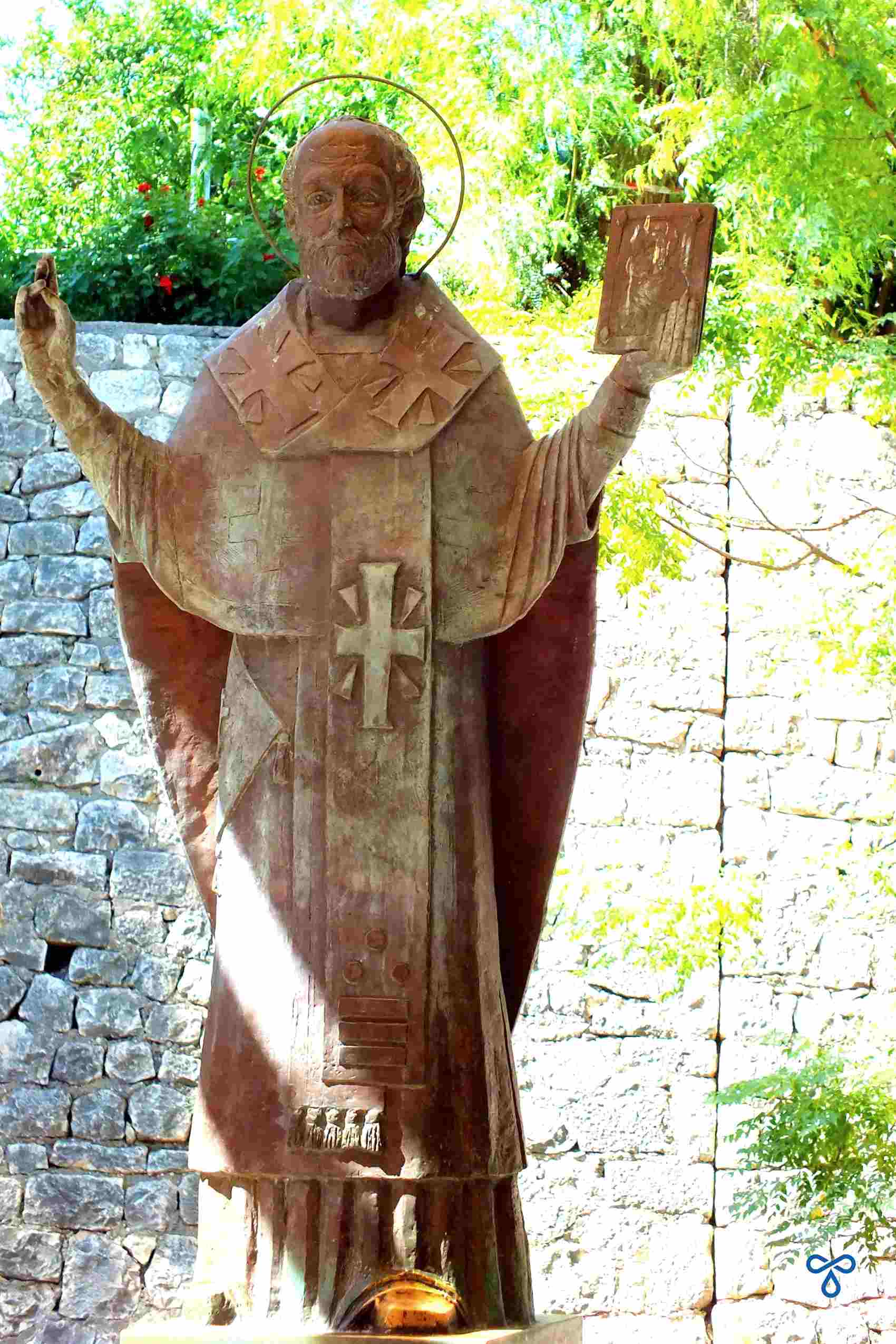
Explore the profound connection between mathematics and human understanding through the lens of historical artifacts like the Lebombo bone and the insights of pioneers like Albert Einstein, Isaac Newton, and Gottfried Leibniz. Discover how mathematics shapes our reality, influences computer programming, and underpins quantum physics, bridging logic and imagination in our quest for knowledge.
The Dynamics of Memory and Knowledge Retention
Many of us possess a wide range of knowledge but often struggle to retain what we've learned over time. This phenomenon can be attributed to the fact that much of our schooling focuses on subjects that may seem vital for a grand future, yet, in adulthood, we seldom encounter them again. We may forget these lessons, not because they lack importance, but because they simply don't hold our interest or relevance in our daily lives.
The Lebombo Bone: A Landmark in Mathematical History
Picture: The Lebombo bone- Source Black History
Consider the Lebombo bone, a remarkable artifact that symbolizes the early human understanding of mathematics. Discovered in the 1970s in the Lebombo Mountains of Africa, this fibula from a long-dead baboon is believed to date back approximately 40,000 years. Scholars argue that it contains twenty-nine deliberate notches, suggesting that its creator had a purpose for marking it. This bone is often regarded as the first tangible evidence of mathematical thought, highlighting that counting and record-keeping have been essential aspects of human cognition for millennia.
Primitive Timekeeping: The Origins of Counting
Long before the invention of watches or clocks, early humans relied on simple methods for tracking time and counting. They made notches in bones or carved marks on twigs to keep track of important information. While the precise measurement of hours and minutes came much later, the need for basic counting was vital for survival and organization. This rudimentary form of mathematics laid the groundwork for more complex mathematical concepts that would emerge over time.
Philosophical Perspectives: Is Mathematics an Invention?
Mathematics has long been a topic of debate among scholars. Some view it as a universal truth existing independently of human thought, while others argue that it is a construct of the human mind. Sir Arthur Eddington, a prominent English astronomer, famously stated that mathematics is "something that is not there until we humans put it there." This perspective invites us to consider whether our understanding of mathematics is an innate part of the universe or a tool we created to make sense of it.

Einstein's Insights: The Intersection of Logic and Imagination
Albert Einstein, one of history's most revered thinkers, offered profound insights into the relationship between logic and imagination. He asserted, "Logic ensures that you get from A to B; your imagination ensures that you can get anywhere." This statement emphasizes that while logical reasoning is crucial for problem-solving, creativity allows us to explore new possibilities and ideas. The ability to reason analytically is distinct from the capacity to imagine and innovate, which has led to groundbreaking advancements in both mathematics and physics.
Pioneers of Calculus: Newton and Leibniz
In the 17th century, Isaac Newton and Gottfried Leibniz made significant contributions to mathematics, particularly in the development of calculus. Their work laid the foundation for mathematical analysis, which has since become essential in various fields, including physics and engineering. The theories and principles they established have influenced countless scientific advancements, demonstrating how intertwined mathematics is with our understanding of the natural world.
Picture: Sir Arthur Eddigton, Source: Wikipedia
The Digital Age: Mathematics in Computer Programming
The impact of mathematics extends into modern technology, particularly in the field of computer programming. Mathematical theories play a crucial role in developing algorithms and computational models that power everything from simple applications to complex artificial intelligence systems. The binary system, consisting of just zeros and ones, is a prime example of how mathematical concepts underpin contemporary technology. The Indian scholar Pingala is credited with early uses of binary in his Sanskrit texts, showcasing the historical depth of this mathematical idea.
Quantum Physics: The Mathematical Framework of Reality
Picture: Albert Einstein
Quantum physics represents one of the most fascinating intersections of mathematics and science. This field seeks to understand the fundamental nature of reality and relies heavily on mathematical models and theories to describe phenomena at the subatomic level. The work of physicists like Stephen Hawking has illuminated our understanding of the universe, showcasing how mathematical principles can unravel the mysteries of existence. For many, quantum physics can seem abstract and daunting, yet it underscores the importance of mathematics in exploring the unknown.
The Universality of Counting: A Human Endeavor
Ultimately, the story of mathematics is a reflection of human curiosity and the desire to understand our world. From the simple act of counting to the complexities of quantum mechanics, mathematics serves as a bridge between imagination and logic. It invites us to engage with the world around us in a structured way while allowing room for creativity and exploration.
The Ever-Evolving Journey of Understanding
As we navigate our understanding of mathematics, we recognize that counting and numerical representation are fundamental to human experience. Whether we view mathematics as a universal truth or a human construct, it remains an essential part of our quest for knowledge. So, do we count with you? Mathematics is not merely a subject in school; it is a way of understanding and interpreting the world we inhabit.
























